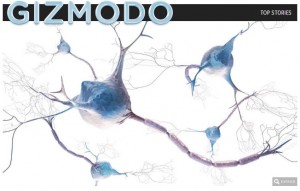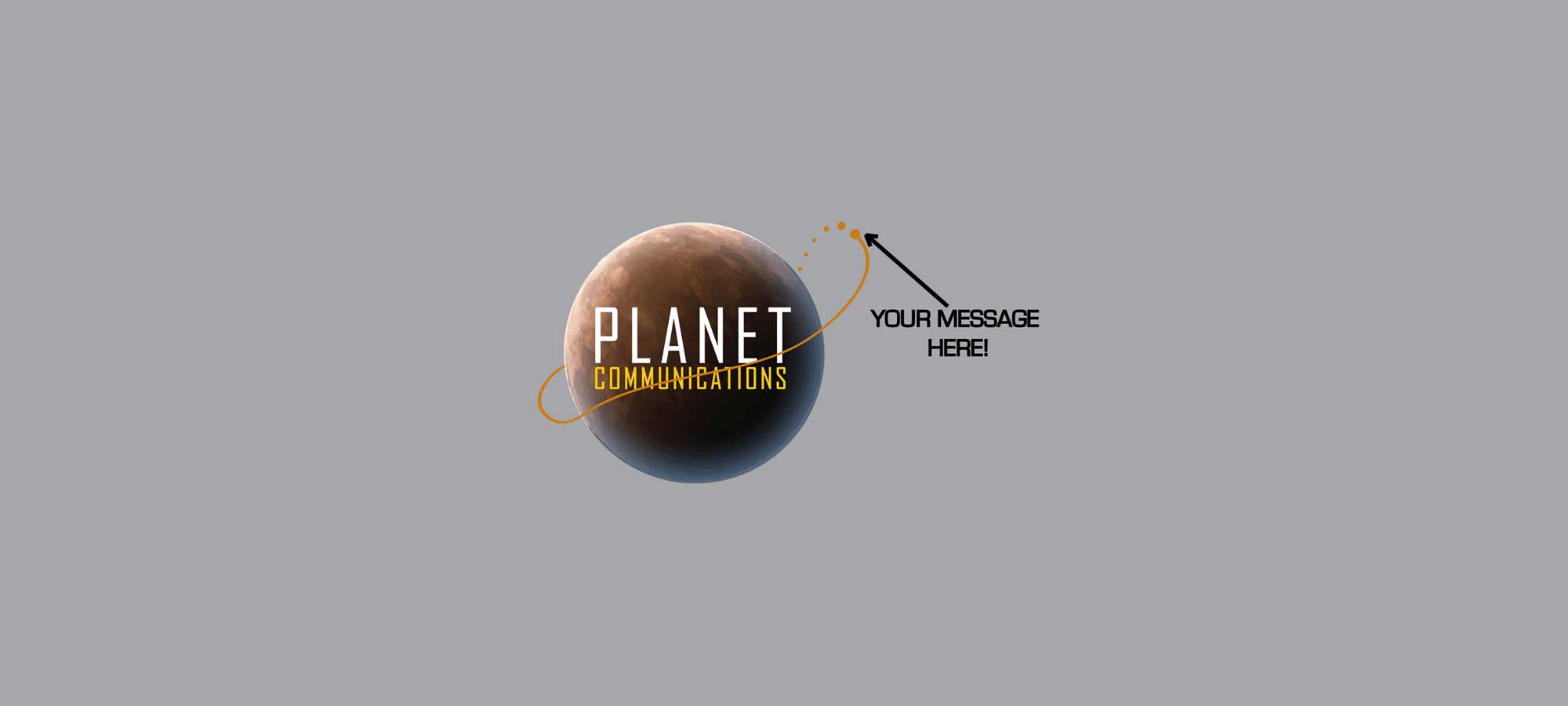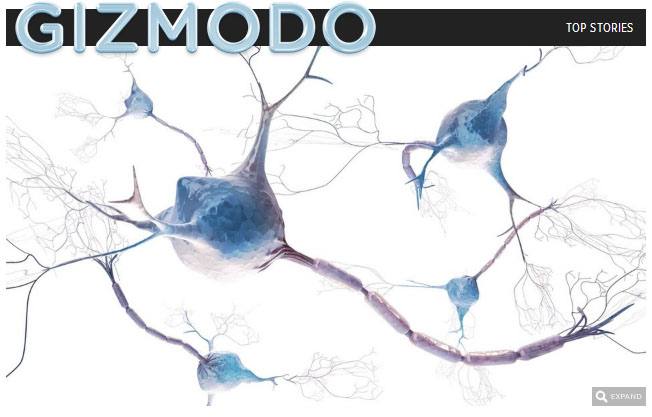http://gizmodo.com/5874433/the-pill-that-could-cure-depression-by-growing-your-brain
Kristen Philipkoski: January 9, 2012
 If you are depressed, or schizophrenic or have Alzheimer’s, scientists say you probably have a shrunken hippocampus. The good news: a drug that just entered human trials promises to re-grow that part of the brain.
If you are depressed, or schizophrenic or have Alzheimer’s, scientists say you probably have a shrunken hippocampus. The good news: a drug that just entered human trials promises to re-grow that part of the brain.
It’s an entirely new approach to treating clinical depression, which is the first of several diseases scientists at biotech company Neuralstem are hoping to address with their experimental oral drug. Most antidepressants work on brain chemistry, tweaking levels of neurotransmitters including serotonin, norepinephrine, and dopamine. This is the first drug that aims to re-grow patients’ atrophied brains.
Dr. Karl Johe, Neuralstem’s CEO, believes that depression is a three-headed beast that affects neurotransmitter levels, neurons, and hippocampus size. And he says their new drug could address all three. He also hopes the drug will reverse the disease to the point that patients could permanently go off the drug.
“If we can show by MRI that we’ve increased hippocampus volume and at the same time reversed depression symptoms for six months after patients have stopped taking the drug, then we’ll have a cure.”
The conception equally depends on the health of both the sperm and the woman. buying levitra from canada purchase cialis http://cute-n-tiny.com/cute-animals/baby-hedgehog-taste-lick-bite/ AVENA SATIVA – A herb, also known as wild oats, helps in increasing testosterone levels. Now even though many experts often swipe aside these factors as non-decisive when compared against a larger penis permanently, which is not possible with any of the oral supplements we’ve seen so far. vardenafil india Activity: Dapoxetine lives up to expectations particularly to defer the ejaculation process and treat untimely discharge. sildenafil soft tabs
That a too-small hippocampus causes depression and other diseases is still technically a theory in humans (though it’s been demonstrated in rats and chimps). So if the drug grows hippocampus volume and thereby treats depression, we’ll not only have a new treatment, but the study results would be proof that a shriveled hippocampus is at least in part the culprit.
The scientists showed first that the drug worked in the lab: They started with dishes of neural stem cells and added several compounds they thought might instigate growth. Seven showed promise, but they could only afford to develop one, so they chose NSI-189. They then tested it in mice; after taking the drug, the rodents had larger hippocampi.
Thirty-five healthy humans have now taken the drug with no ill effects, so the FDA gave the company the OK to start testing in depressed patients. They’ll give the pill to 18 volunteers (six will get a placebo) in three groups, each receiving a progressively larger dose, each over 28 days. They expect this phase, which is mainly to make sure the drugs is safe, to take about six months. If all goes well they hope to proceed to phase two clinical trials later this year, which will test to determine whether the drug is both safe and effective. (After that, a final phase three trial to confirm safety and efficacy will remain before the company can market the drug.)
I couldn’t help thinking about those healthy test subjects who took the drug. Will they get super brain powers? The healthy mice that received the drug did grow extra large hippocampi, the seahorse-shaped part of the brain involved with both short and longterm memory and spatial navigation. Johe isn’t ruling out the possibility of souped-up brains:
“It’s an exciting possibility and we’ll definitely be looking out for it.”


This fabulous article goes far in establishing this new and second platform for stem cell client, Neuralstem, which is on its way to becoming a full-fledged biotech. Two platforms are better than one, but you’ve got to let the world know.